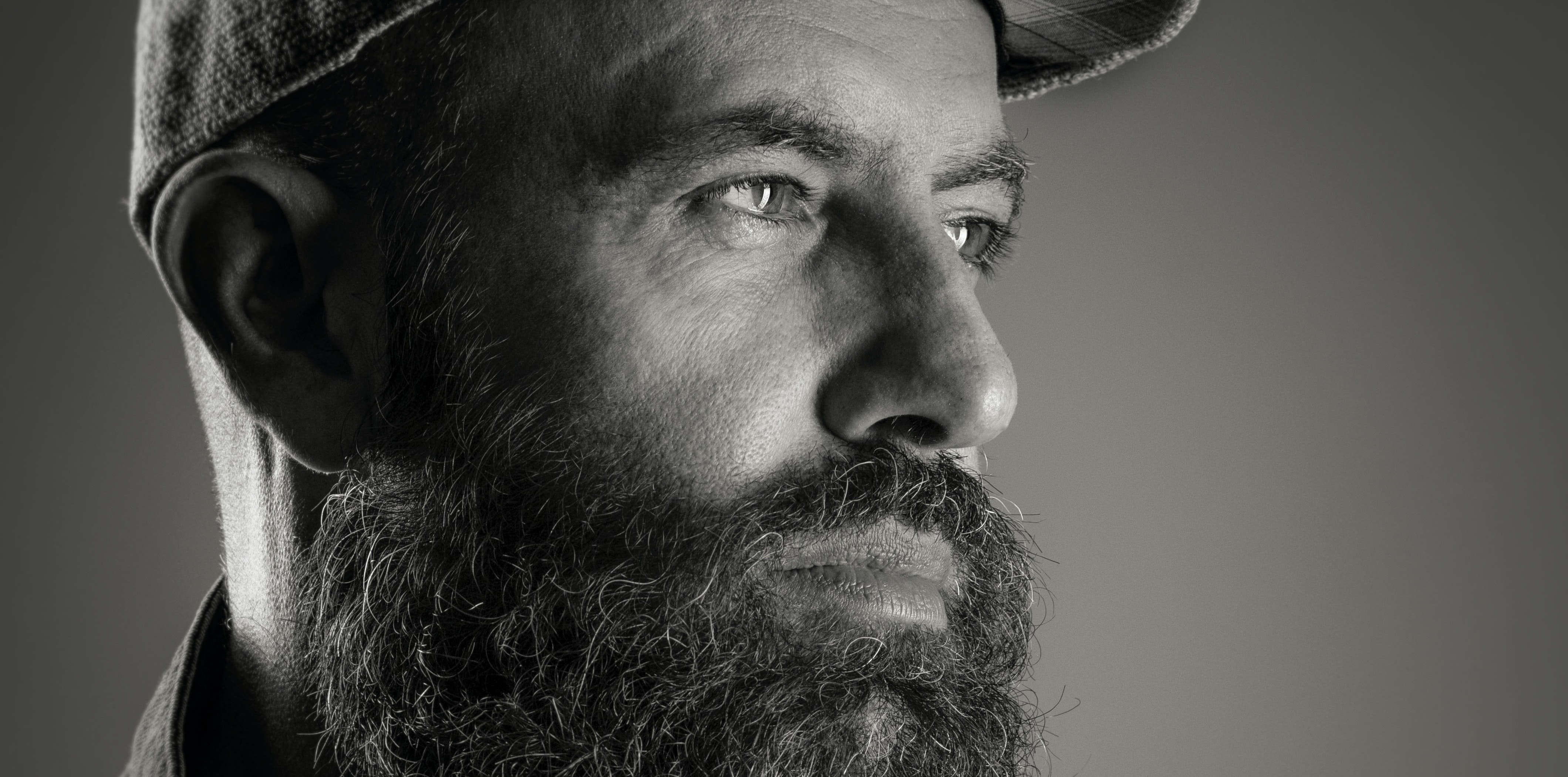This is the second in a 5-post series. This week we continue to journey through key concepts found in my 10 leadership books and pick up our exploration of my book titled The Airbnb Way – 5 Leadership Lessons for Igniting Growth through Loyalty, Community, and Belonging.
Last week we touched on belonging, this week we highlight trust and in the weeks ahead we will explore hospitality, empowerment, and community. In The Airbnb Way, I write the following about trust:
Stephen R. Covey’s studies of trust cross both psychological and sociological boundaries and specifically focus on the application of trust to business. In his book The Speed of Trust, Covey writes, “Trust impacts us 24/7, 365 days a year. It undergirds and affects the quality of every relationship, every communication, every work product, every business venture, every effort in which we are engaged. It changes the quality of every present moment and alters the trajectory and outcome of every future moment of our lives—both personally and professionally.”
A key takeaway from Covey’s work is that we can and should seek to view trust as a measurable and changeable aspect of business. “Contrary to what most people believe, trust is not some soft, illusive quality that you either have or you don’t; rather, trust is a pragmatic, tangible, actionable asset that you can create—much faster than you probably think possible.” While Covey talks about business trust as an “actionable asset that can be created,” Airbnb’s co-founder Joe Gebbia talks about trust as something Airbnb has “designed.”
In an article for Wired magazine titled “How Airbnb and Lyft Finally Got Americans to Trust Each Other,” Jason Tanz believes that brands like Airbnb faced a stranger danger mindset which he describes as “a widely held, deeply ingrained attitude—reinforced by decades of warnings about poisoned Halloween candy and drink-spiking pickup artists.” Tanz notes that despite our fear of strangers, we trust unfamiliar people every day in traditional commerce. Tanz observes that we provide “credit cards to shop clerks, get into the backseat of taxis driven by cabbies we’ve never met, ingest food prepared in closed kitchens, and ignore the fact that hotel workers with master keys could sneak into our rooms while we sleep.”
Given all the ways in which we routinely trust strangers in conventional business, why is it difficult to imagine a similar transfer of trust in the context of sharing economy options like Airbnb? Tanz believes that the rapid growth of the sharing economy caught industry regulators and most of the population off-guard. Tanz notes a change of perspective has occurred, “many of these companies have us engaging in behaviors that would have seemed unthinkably foolhardy as recently as five years ago.” To facilitate trust in its person-to-person marketplace, Airbnb’s founders turned to a discipline they knew well: the tenets of good design. The first step in most design processes involves empathizing with those for whom you seek to create solutions. After stepping into your customer’s need state, solid design typically involves:
- creation of a “driving question”
- gathering relevant inputs
- looking for breakthrough ideas
- crafting prototypes for possible solutions
- testing possibilities to drive improvements
- communicating findings to inspire others
While I go into detail in The Airbnb Way on how Airbnb designs for trust, that discussion is beyond the scope of this post. As such, I’ll simply offer some challenge questions to get you thinking about trust in your business:
- How important is trust to your team members and customers?
- At what points in your customer journey are you at greatest risk for losing trust?
- How are you designing for trust?
- Does that design process include prototyping and testing improvement efforts?
I hope you’ll consider purchasing a copy of The Airbnb Way or if you already own the book, I’d appreciate it if you’d writing a review of it on Amazon. You can also schedule a time to talk about designing trust in your business. Until next week, may you elevate the customer experience The Airbnb Way!


